Industrial Water & Wastewater
Trouble Shooting Ion Exchange Plant Problems
Views : 20
Usually dispatched in 2 to 3 days
Usually dispatched in 2 to 3 days
Category:
Industrial Water & Wastewater
Only logged in customers who have purchased this product may leave a review.
Related books
Module 22: Industrial Pretreatment Programs Updated 2020
• Identify the historical basis for the National Pretreatment Program.
• Explain the general regulatory structure of the National Pretreatment Program.
• List three prohibited discharges under the National Pretreatment Program.
• Describe what a categorical pretreatment standard is under the National Pretreatment Program.
Module 22: Industrial Pretreatment Programs Updated 2020
• Identify the historical basis for the National Pretreatment Program.
• Explain the general regulatory structure of the National Pretreatment Program.
• List three prohibited discharges under the National Pretreatment Program.
• Describe what a categorical pretreatment standard is under the National Pretreatment Program.
Harnessing the Fourth Industrial Revolution for Water
The “Fourth Industrial Revolution for the Earth” is a publication series highlighting opportunities to solve the world’s most pressing environmental challenges by harnessing technological innovations supported by new and effective approaches to governance, financing and multistakeholder collaboration. We have a unique opportunity to harness this Fourth Industrial Revolution – and the societal shifts it triggers – to help address environmental issues and transform how we manage our shared global environment. The Fourth Industrial Revolution could, however, also exacerbate existing threats to environmental security or create entirely new risks that will need to be considered and managed. Harnessing these opportunities and proactively managing these risks will require a transformation of the “enabling environment”, namely the governance frameworks and policy protocols, investment and financing models, the prevailing incentives for technology development, and the nature of societal engagement.
Harnessing the Fourth Industrial Revolution for Water
The “Fourth Industrial Revolution for the Earth” is a publication series highlighting opportunities to solve the world’s most pressing environmental challenges by harnessing technological innovations supported by new and effective approaches to governance, financing and multistakeholder collaboration. We have a unique opportunity to harness this Fourth Industrial Revolution – and the societal shifts it triggers – to help address environmental issues and transform how we manage our shared global environment. The Fourth Industrial Revolution could, however, also exacerbate existing threats to environmental security or create entirely new risks that will need to be considered and managed. Harnessing these opportunities and proactively managing these risks will require a transformation of the “enabling environment”, namely the governance frameworks and policy protocols, investment and financing models, the prevailing incentives for technology development, and the nature of societal engagement.
Finnish Industrial Wastewater Guide
Introduction:
This guide describes Finnish practices for managing industrial wastewater and provides instructions for drawing up an industrial wastewater agreement. The purpose of this guide is to provide support for all those who are involved in decision-making concerning the conveying of industrial wastewater to sewers and the safe treatment of it at municipal wastewater treatment plants. The guide describes the industrial wastewater related legislation currently valid in Finland, information on different types of industrial waters, instructions for preparing an industrial wastewater agreement, formula of increased fee, monitoring of industrial wastewater and practical examples of functional solutions. The guide describes the various stages in drawing up an industrial wastewater agreement and matters that have to be taken into account in preparing such an agreement. The aim of this guide is to provide as many concrete examples and
instructions as possible. However, when preparing an industrial wastewater agreement, it is always recommended to use case-specific discretion and take the local circumstances in account. The specific properties of industrial wastewater must be taken into account in the
industrial wastewater agreement. The quality of wastewater conveyed to the sewers has impacts on the occupational safety of the employees of the water utility, the condition of the sewerage network and equipment of the treatment plant, the operation of the
treatment process, the sludge quality and the state of the recipient water body. All these aspects must be taken into account in the agreement.
Finnish Industrial Wastewater Guide
Introduction:
This guide describes Finnish practices for managing industrial wastewater and provides instructions for drawing up an industrial wastewater agreement. The purpose of this guide is to provide support for all those who are involved in decision-making concerning the conveying of industrial wastewater to sewers and the safe treatment of it at municipal wastewater treatment plants. The guide describes the industrial wastewater related legislation currently valid in Finland, information on different types of industrial waters, instructions for preparing an industrial wastewater agreement, formula of increased fee, monitoring of industrial wastewater and practical examples of functional solutions. The guide describes the various stages in drawing up an industrial wastewater agreement and matters that have to be taken into account in preparing such an agreement. The aim of this guide is to provide as many concrete examples and
instructions as possible. However, when preparing an industrial wastewater agreement, it is always recommended to use case-specific discretion and take the local circumstances in account. The specific properties of industrial wastewater must be taken into account in the
industrial wastewater agreement. The quality of wastewater conveyed to the sewers has impacts on the occupational safety of the employees of the water utility, the condition of the sewerage network and equipment of the treatment plant, the operation of the
treatment process, the sludge quality and the state of the recipient water body. All these aspects must be taken into account in the agreement.


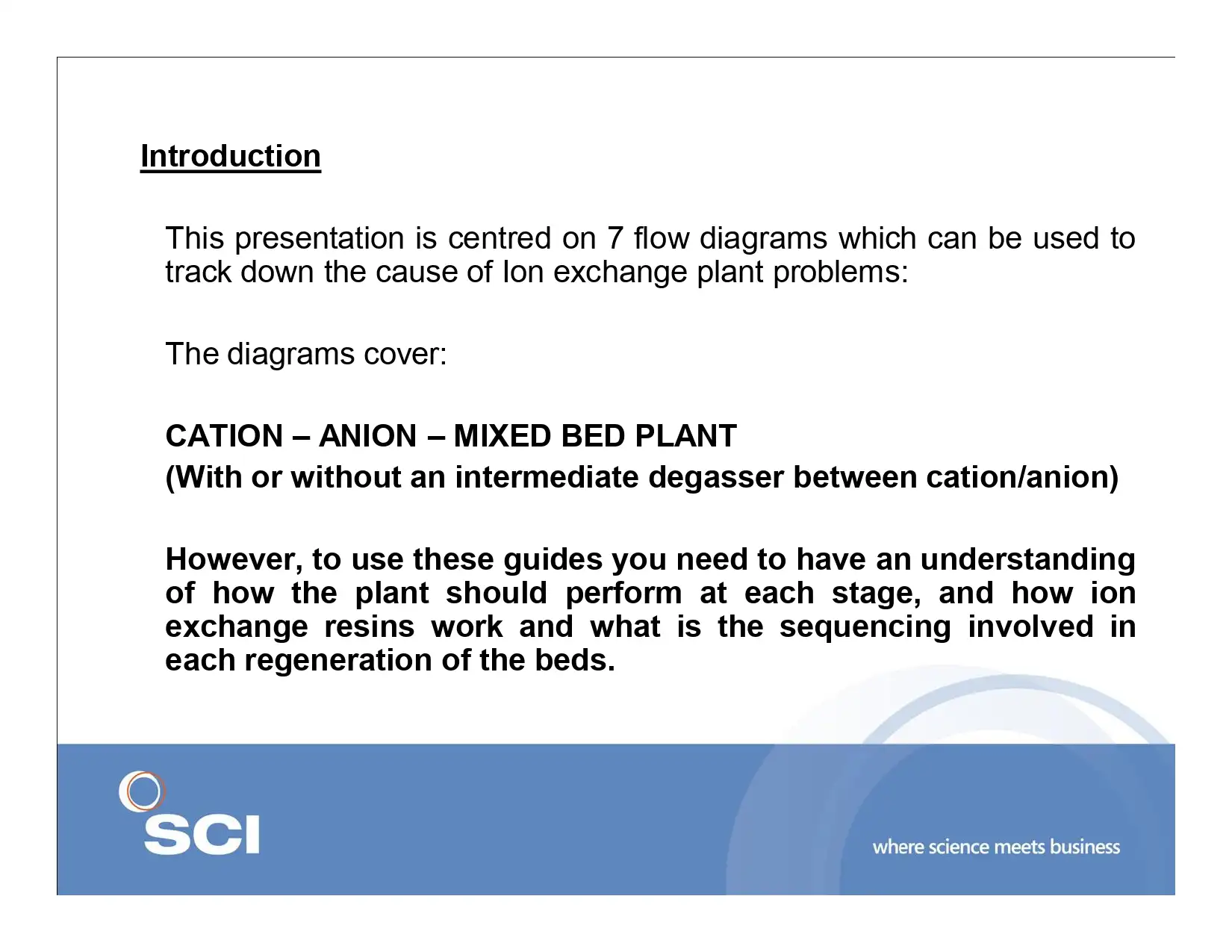

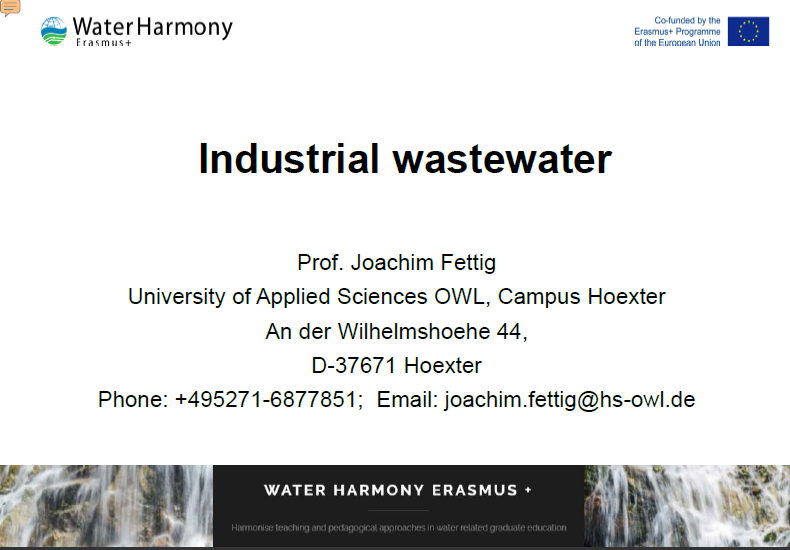

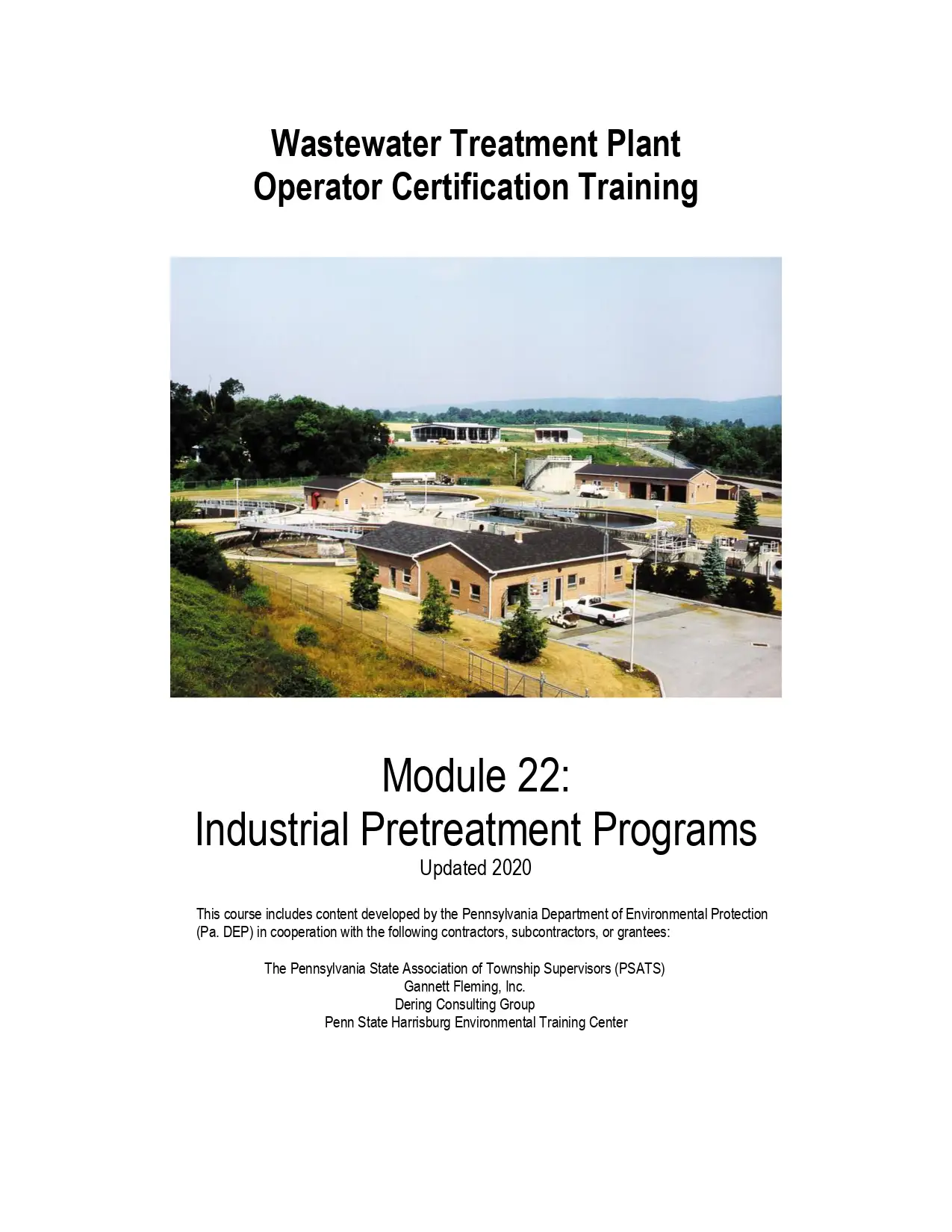
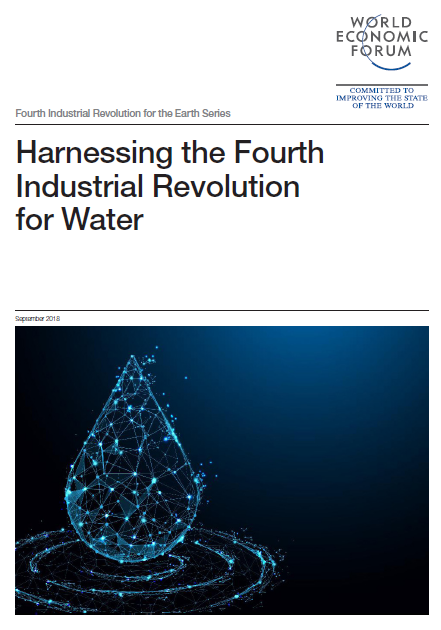

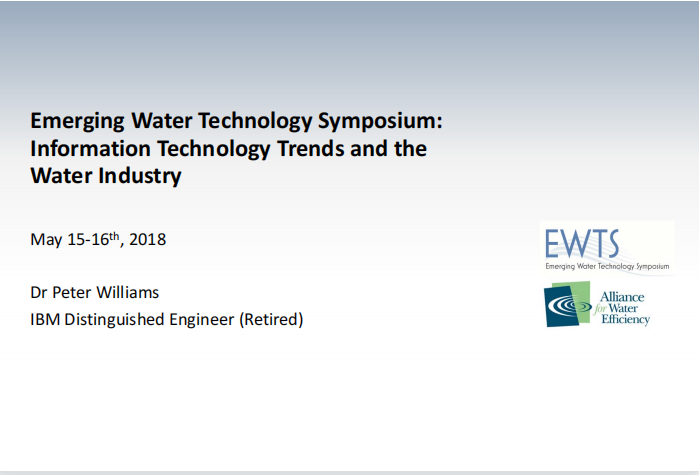





Reviews
There are no reviews yet.